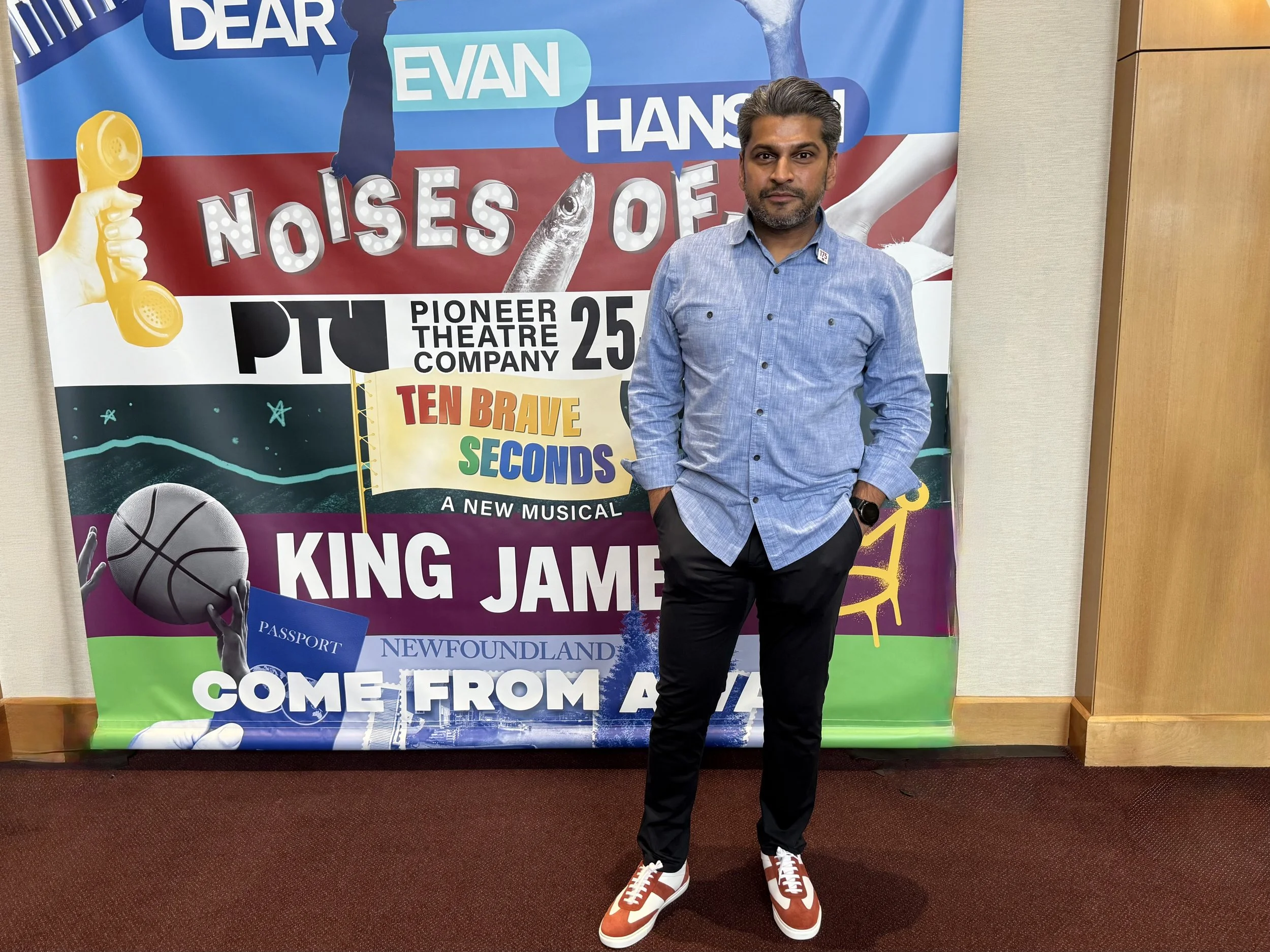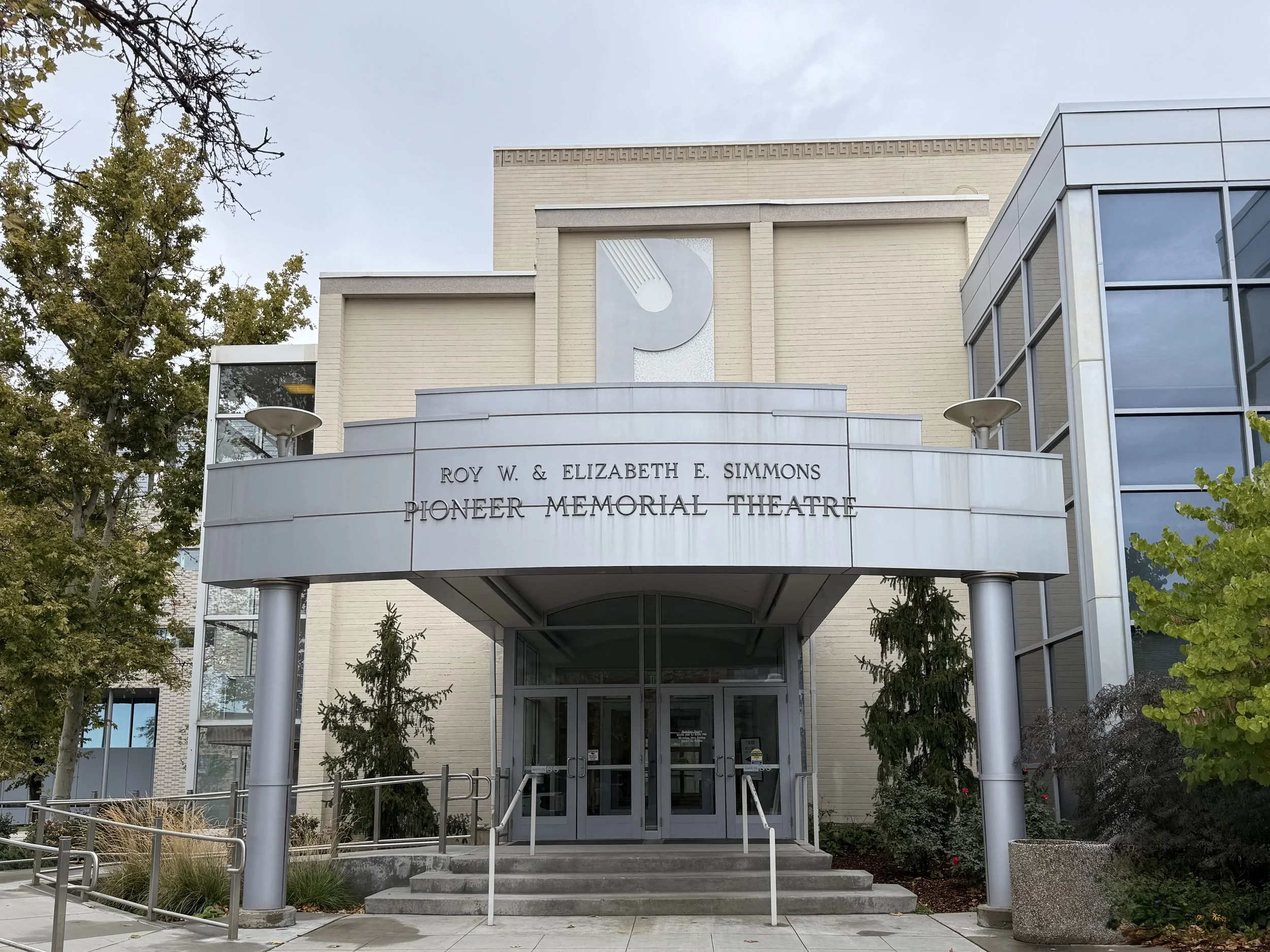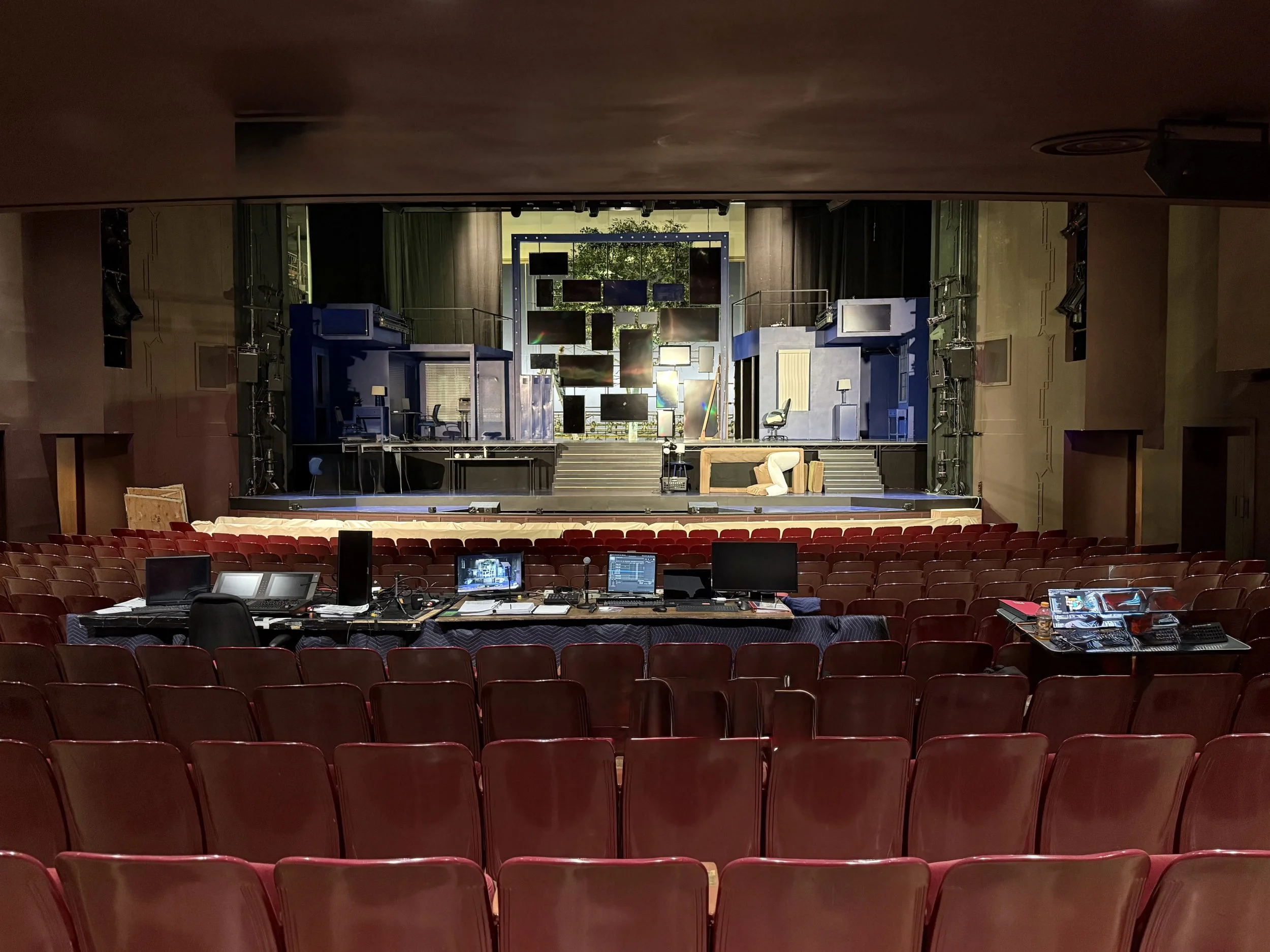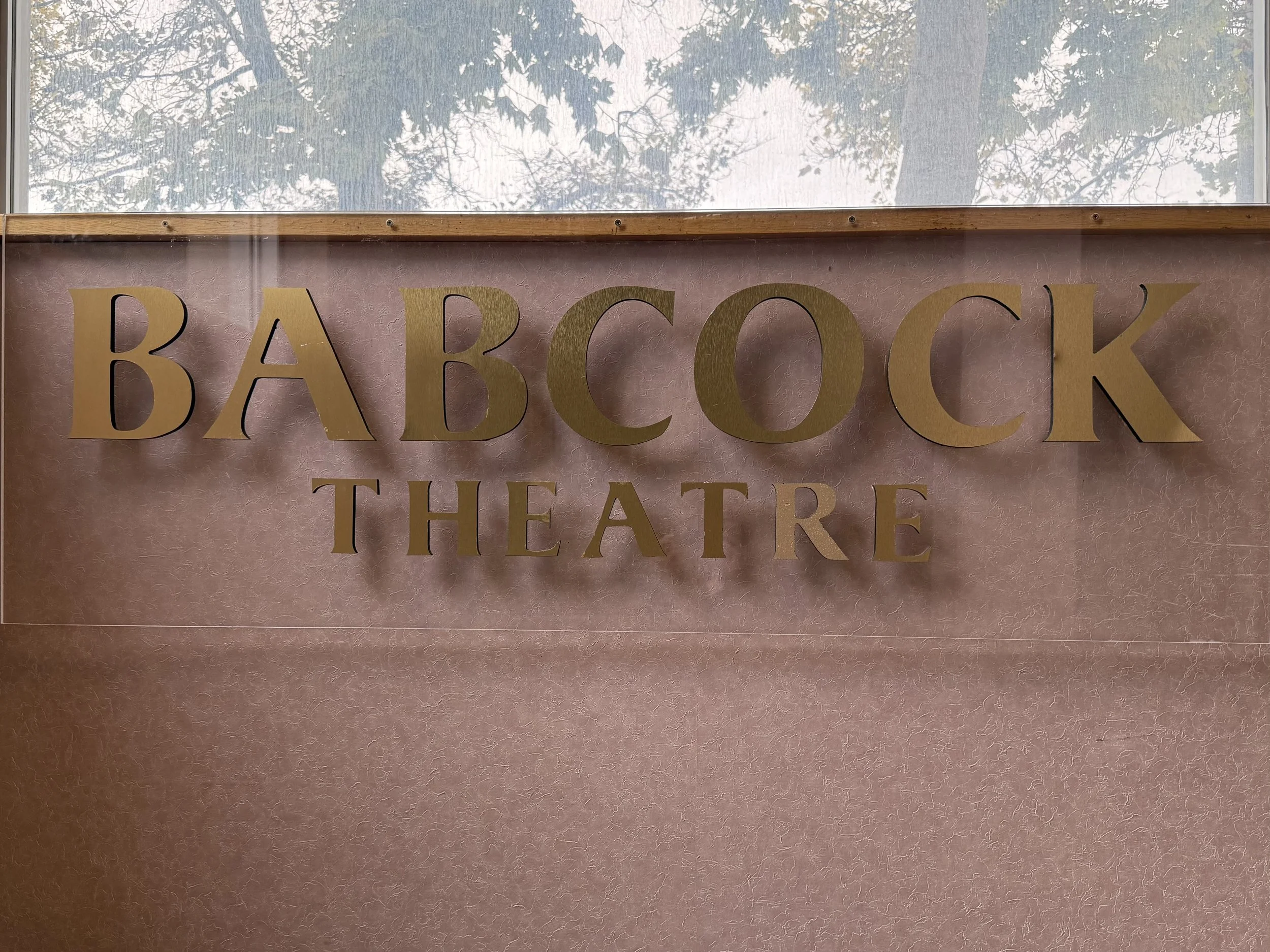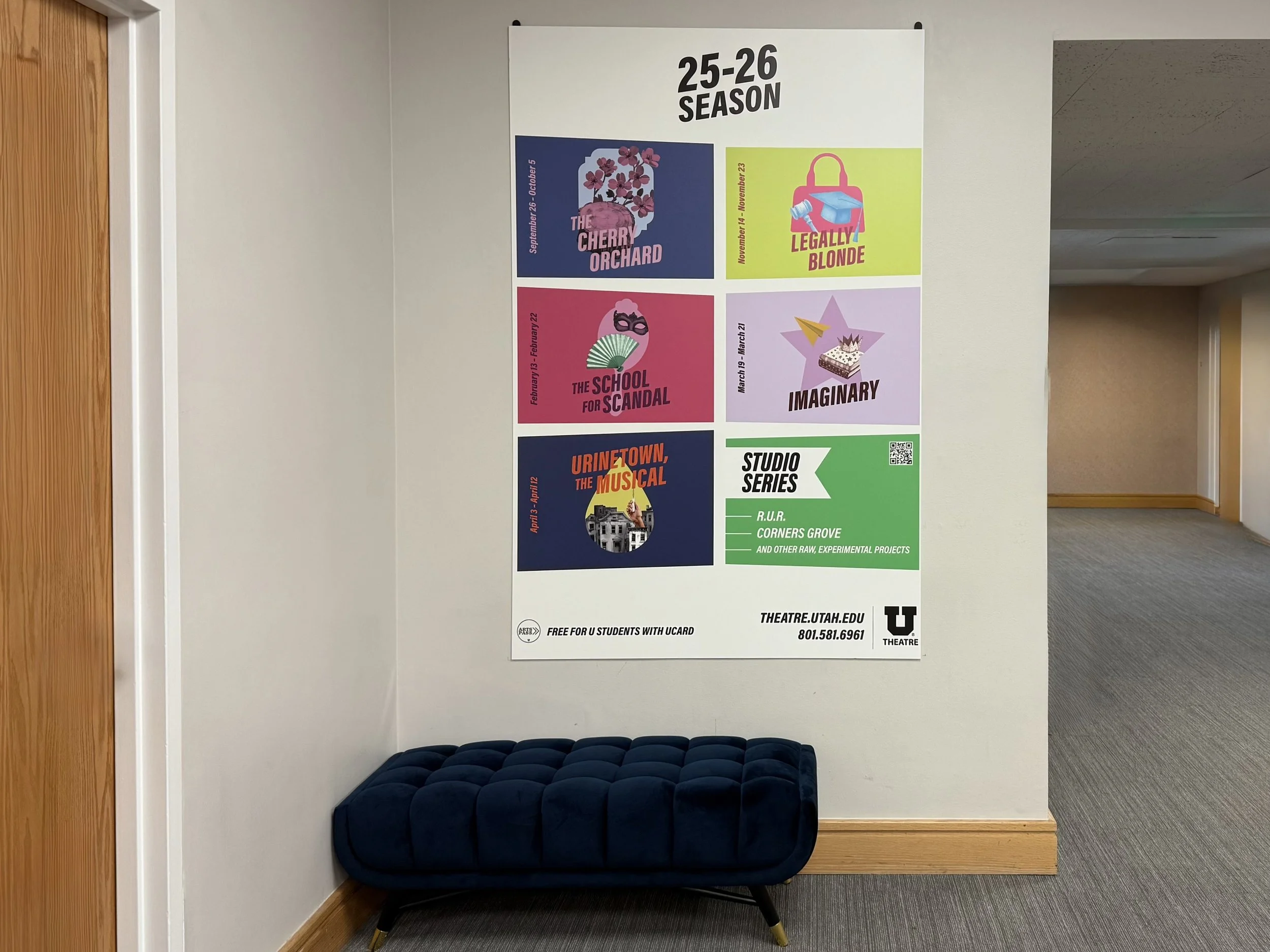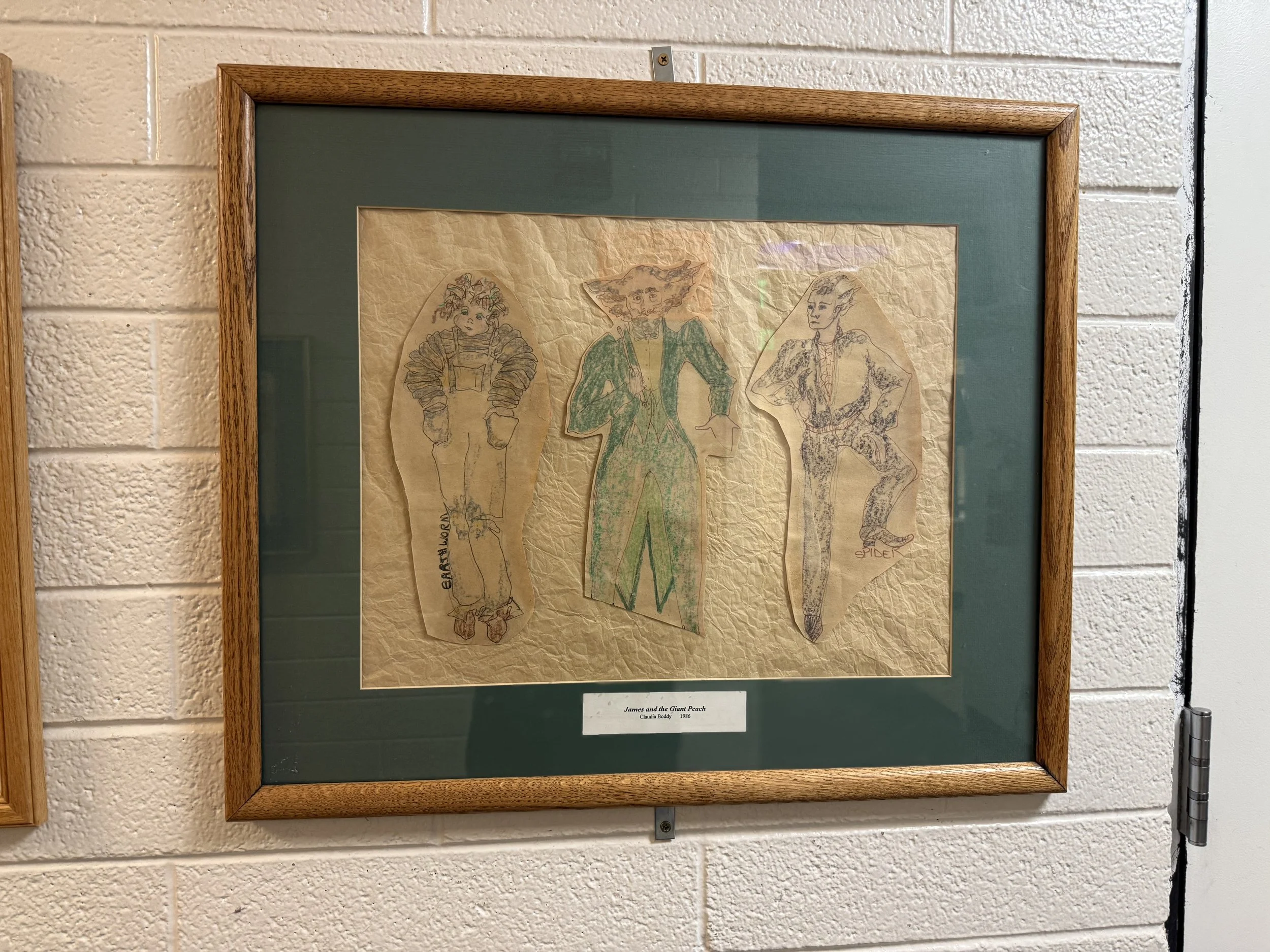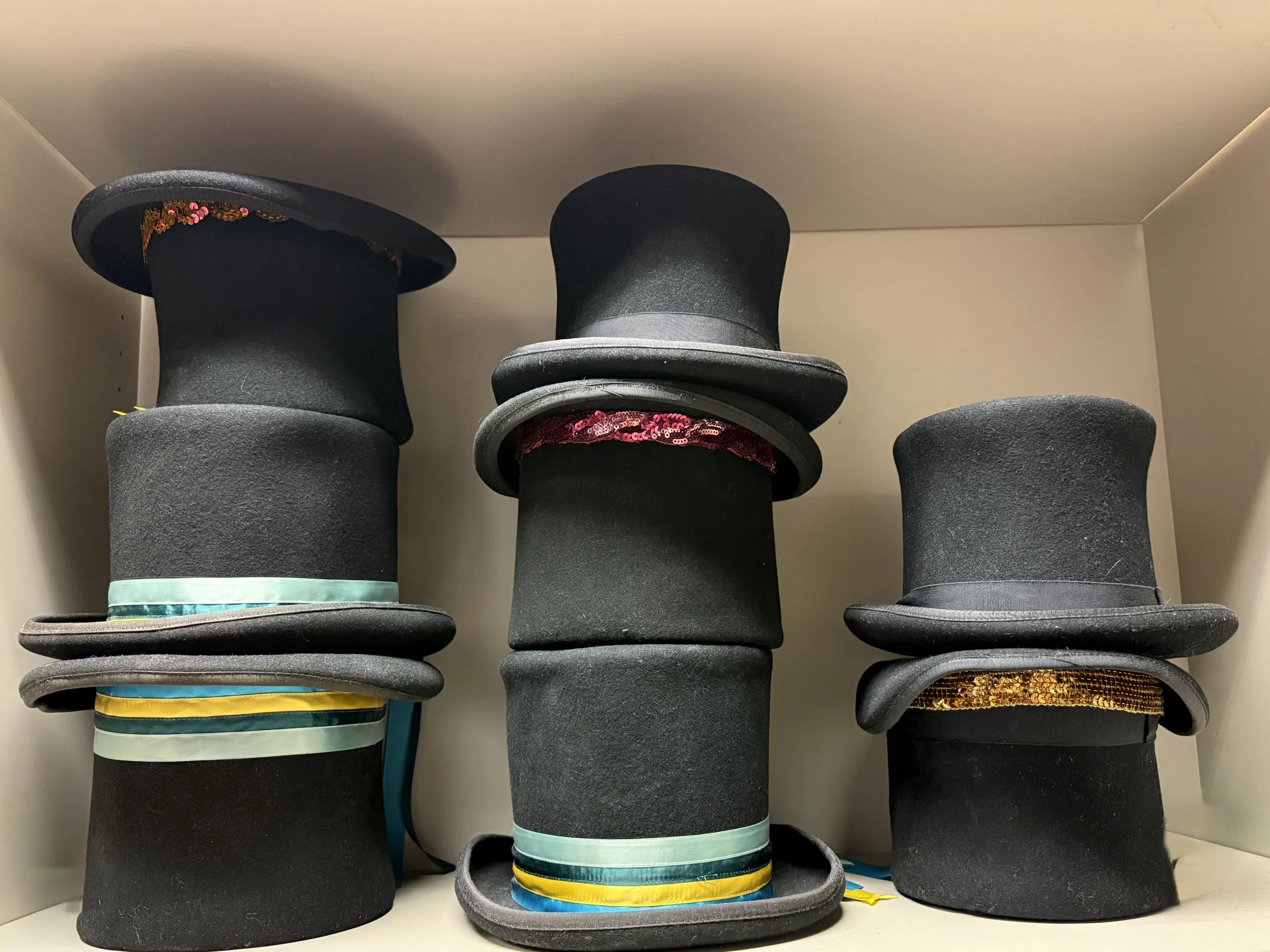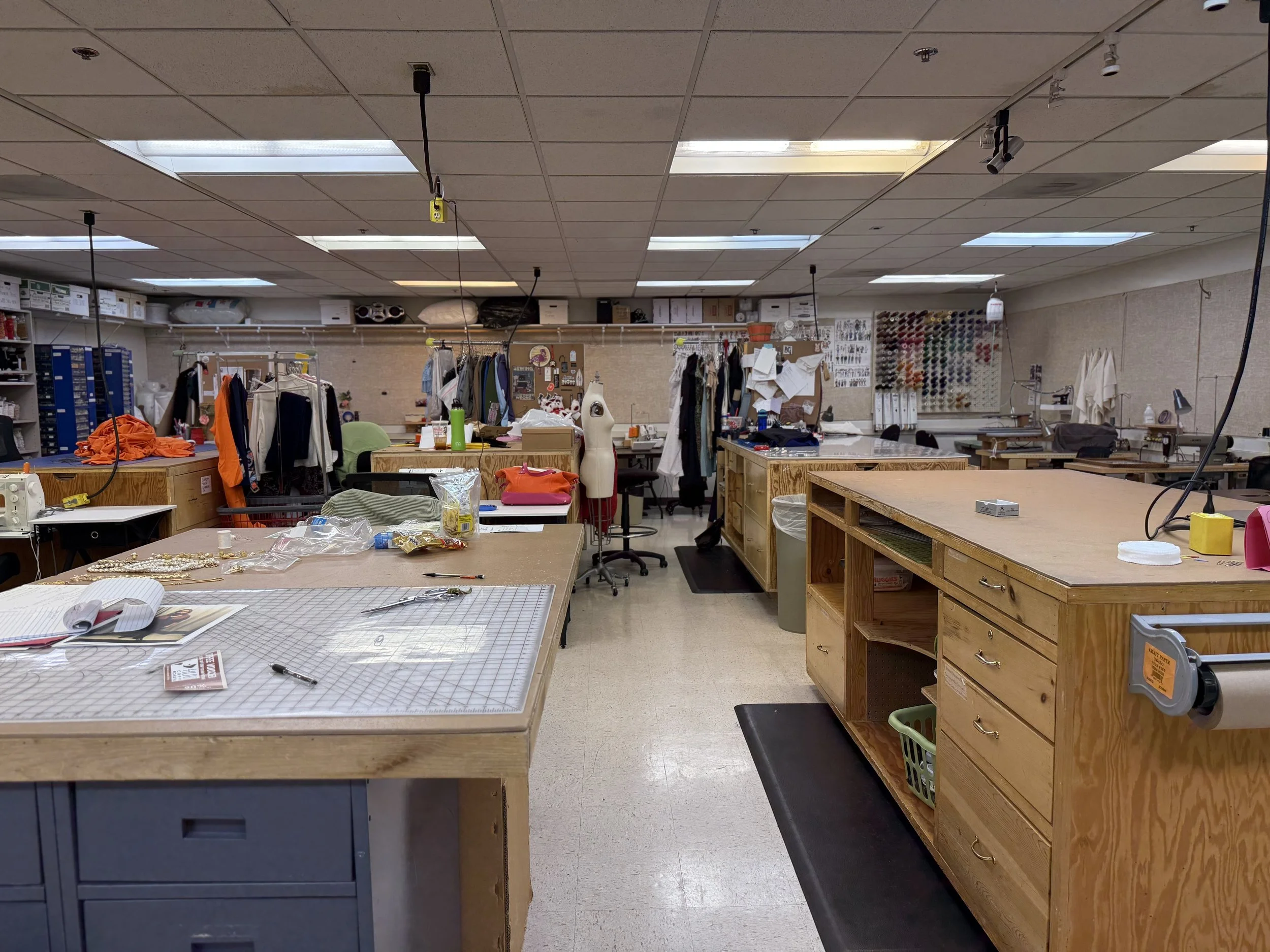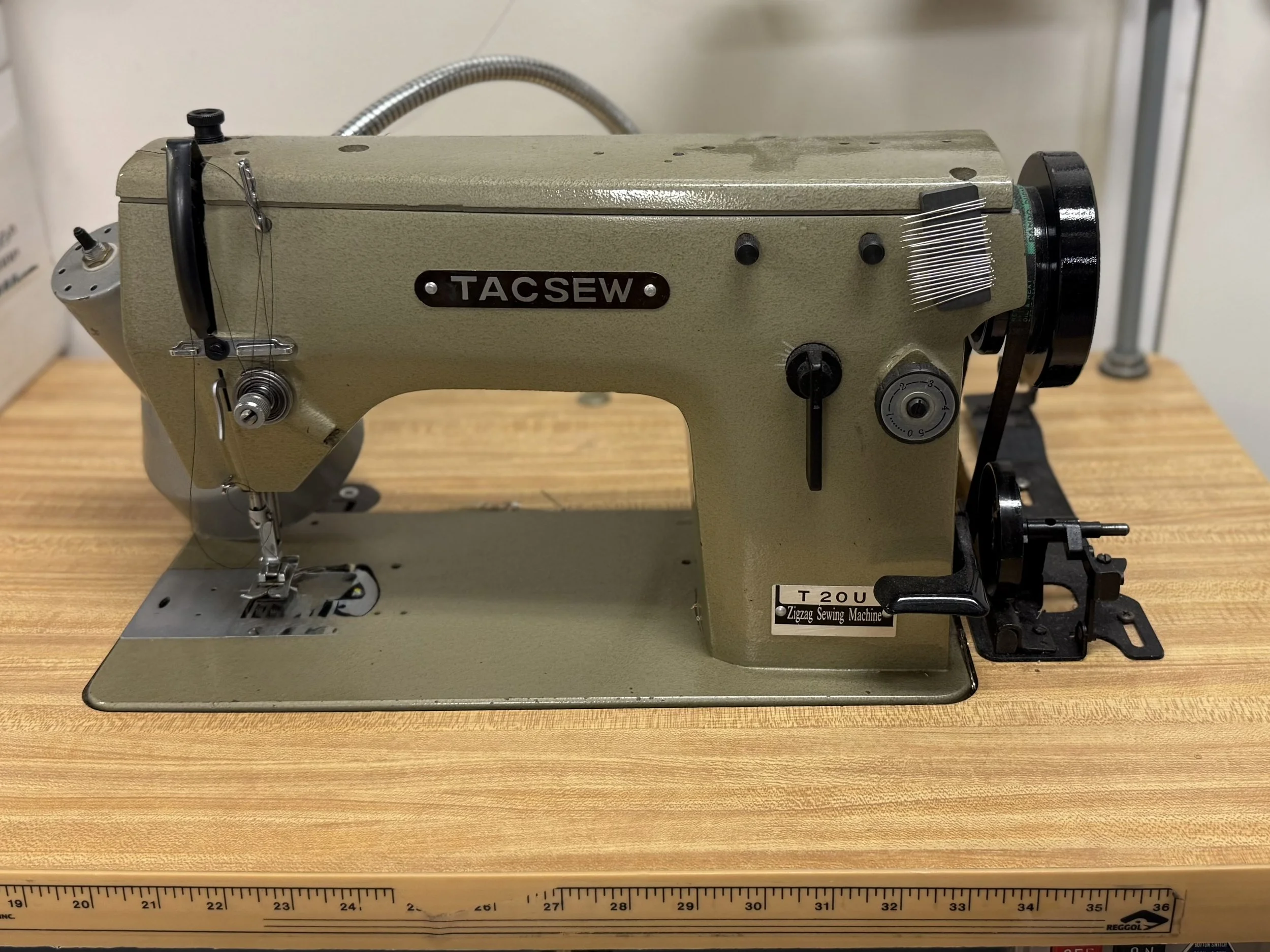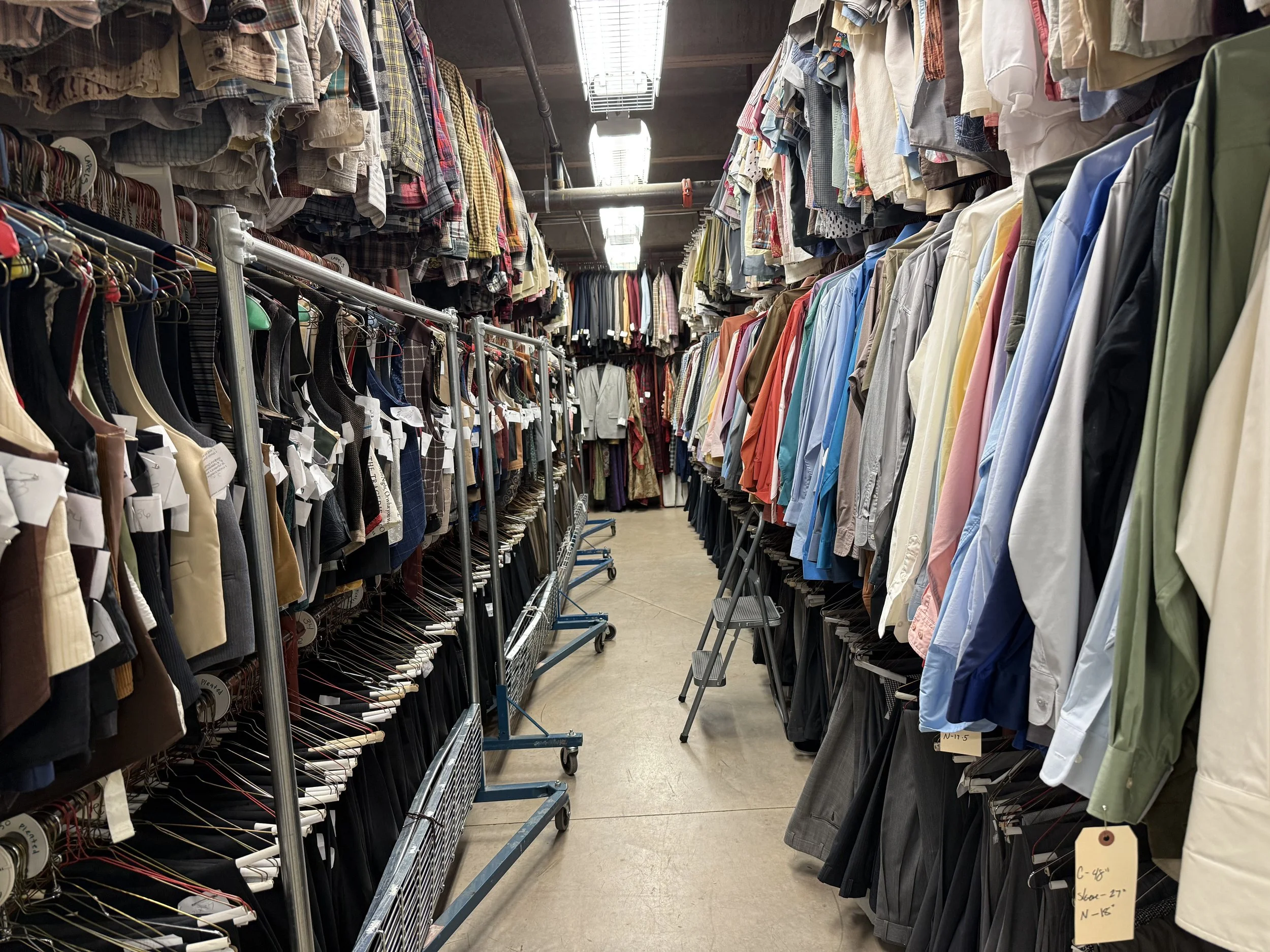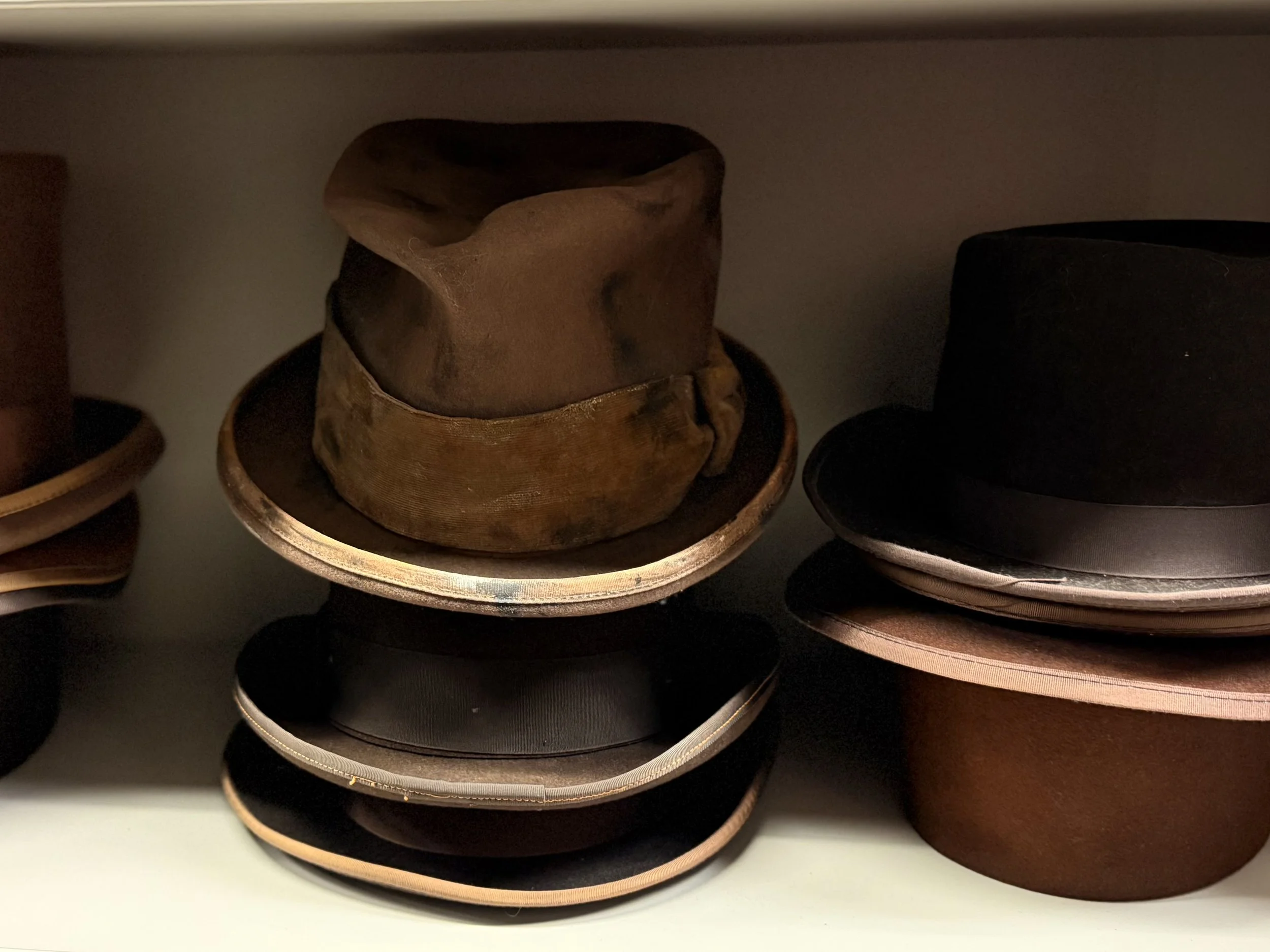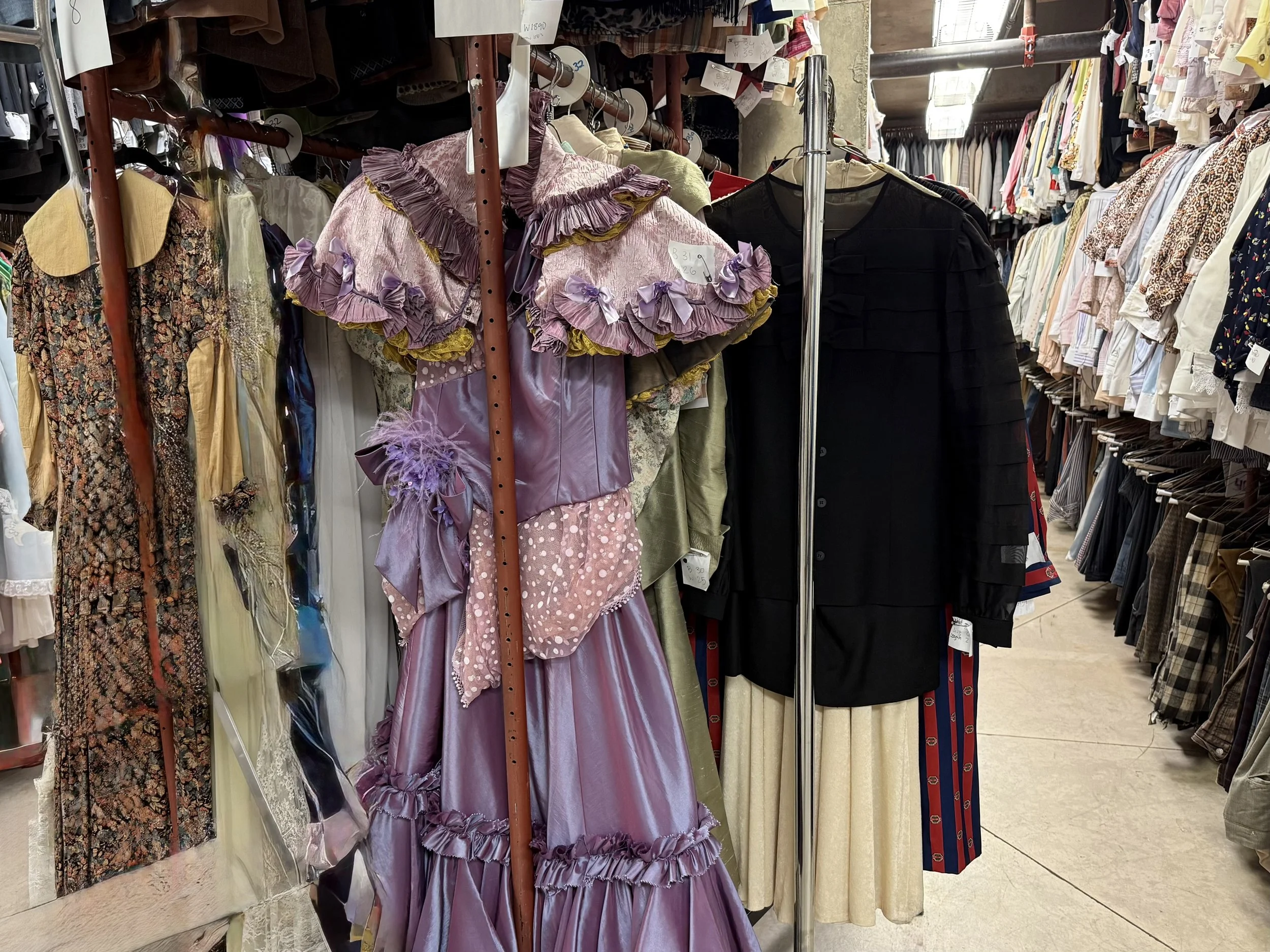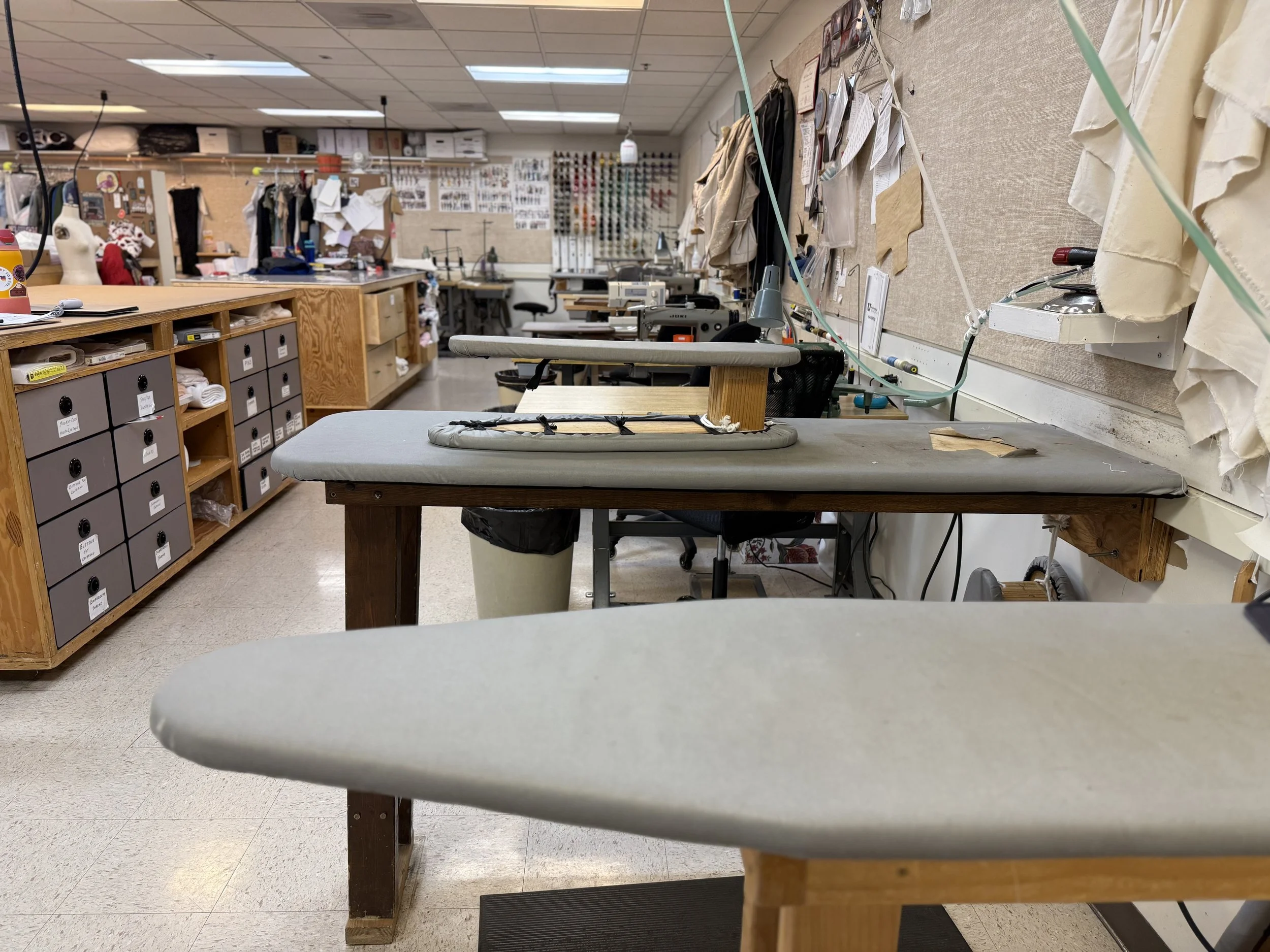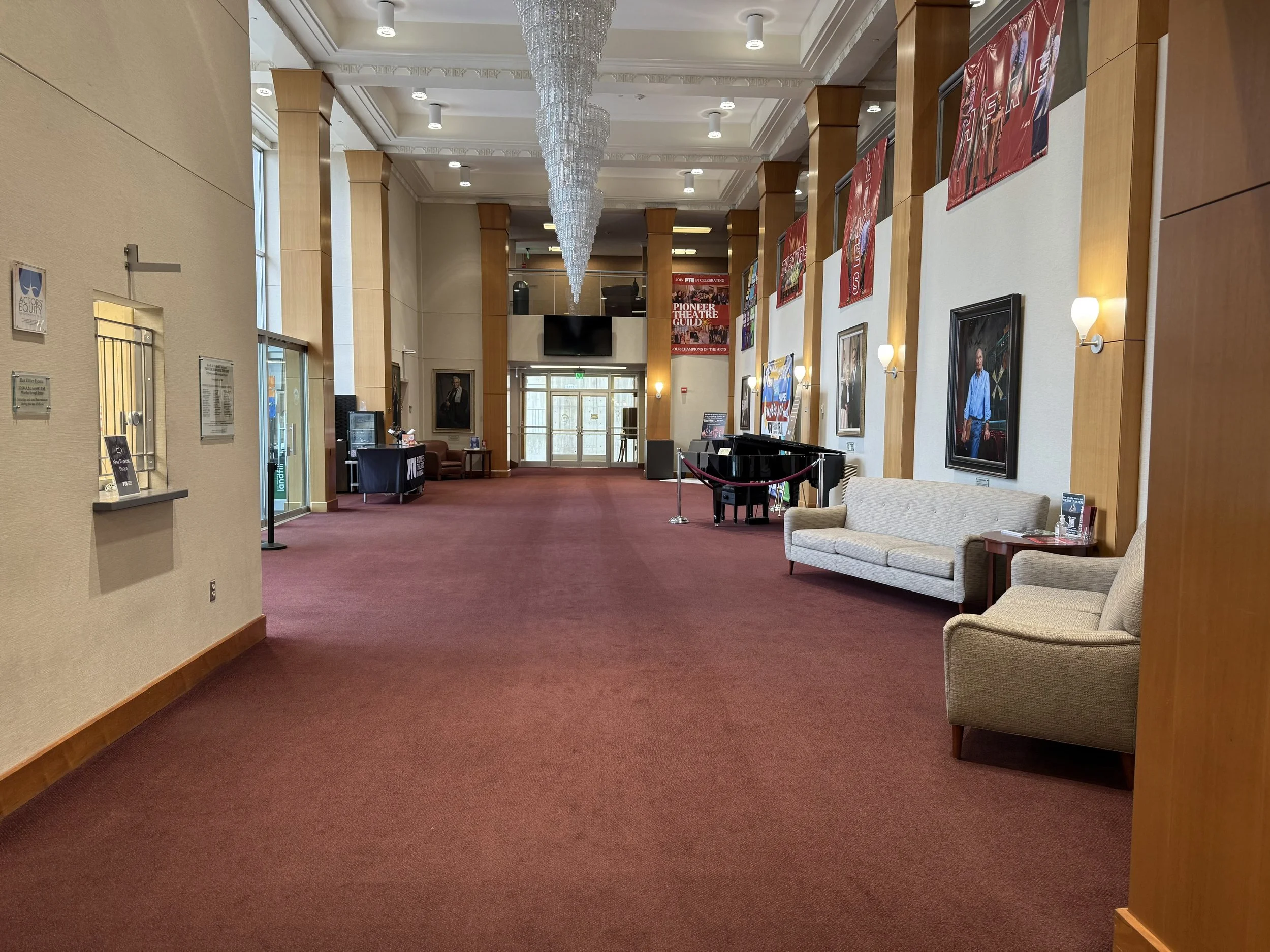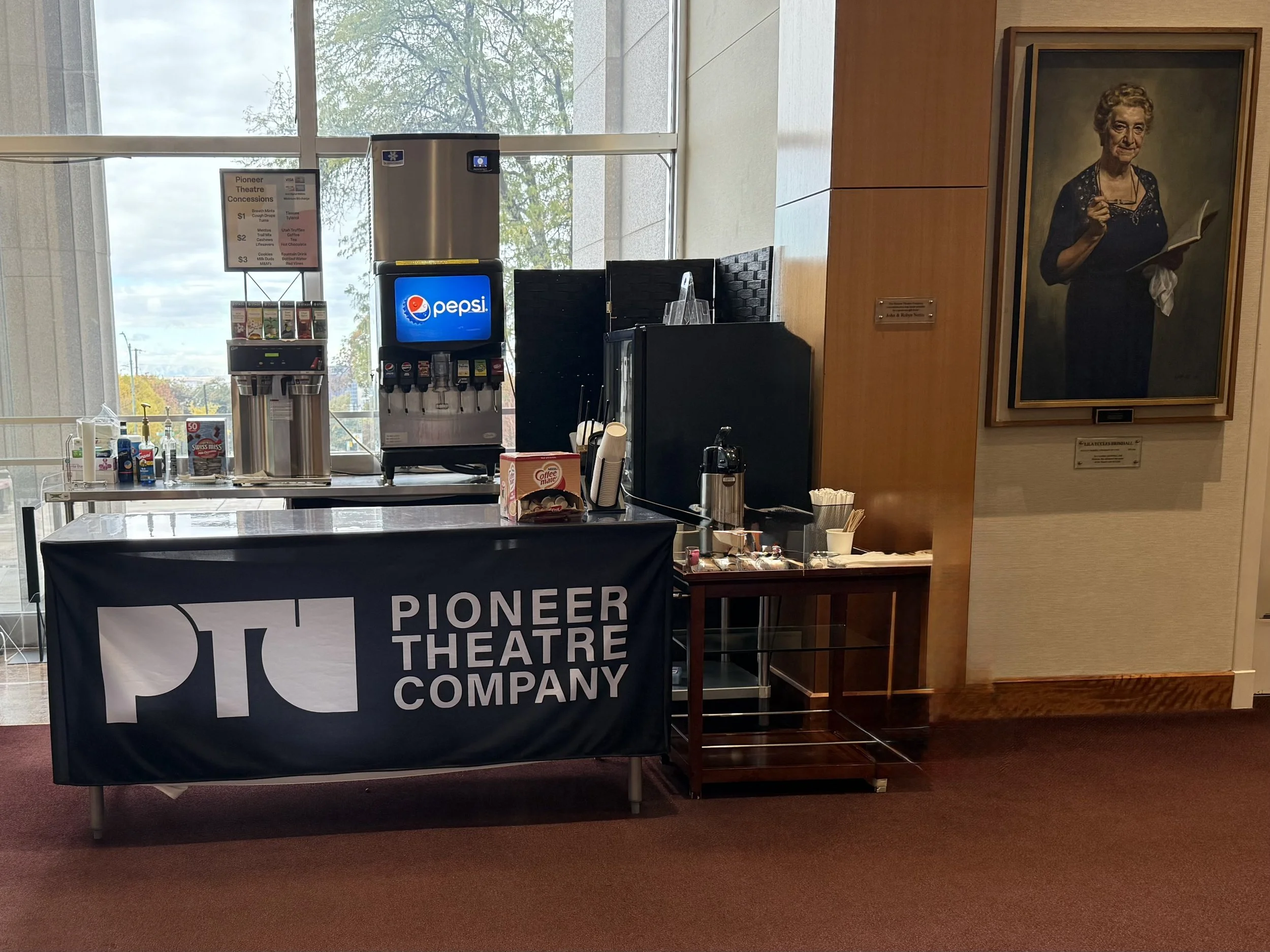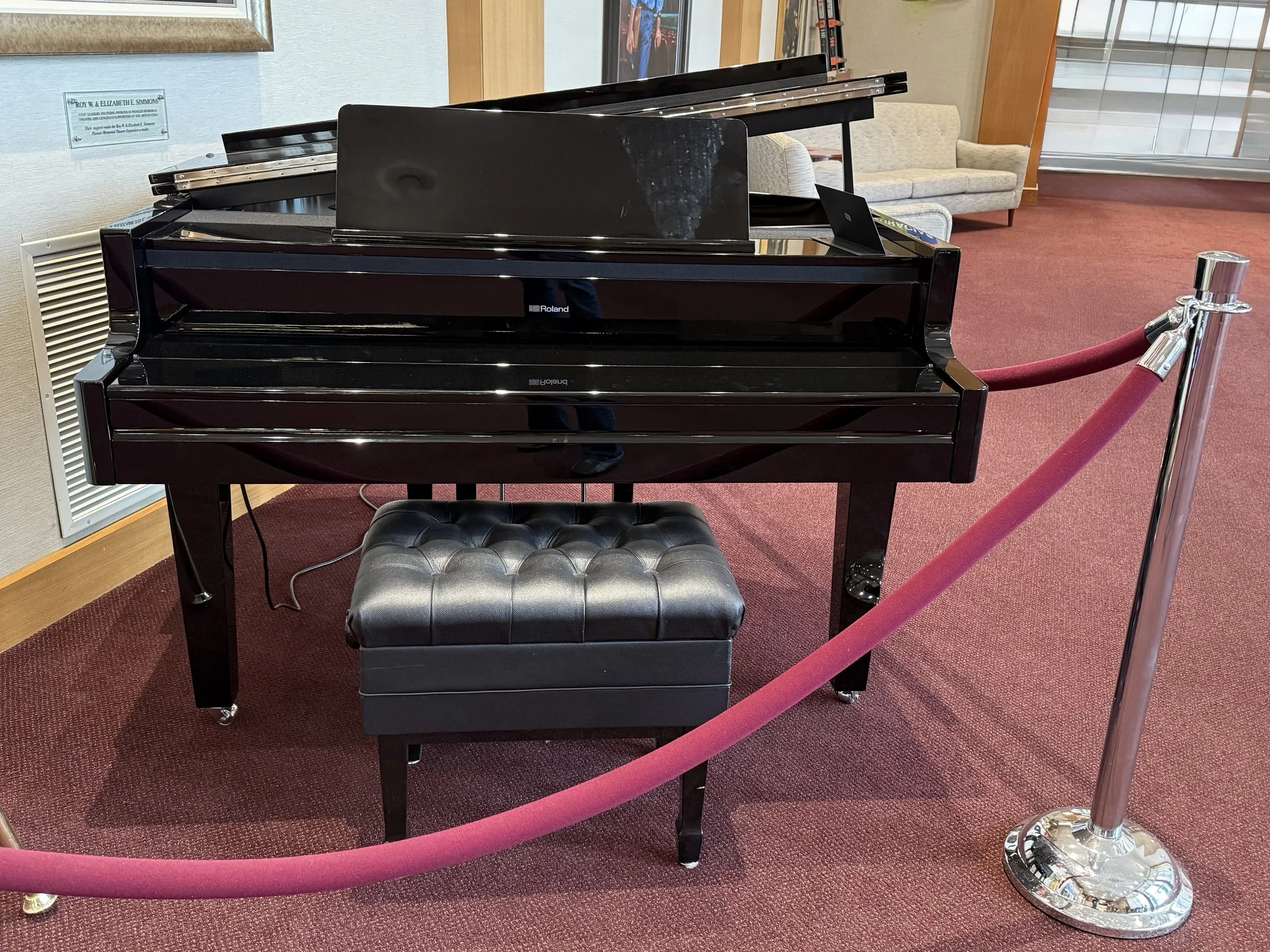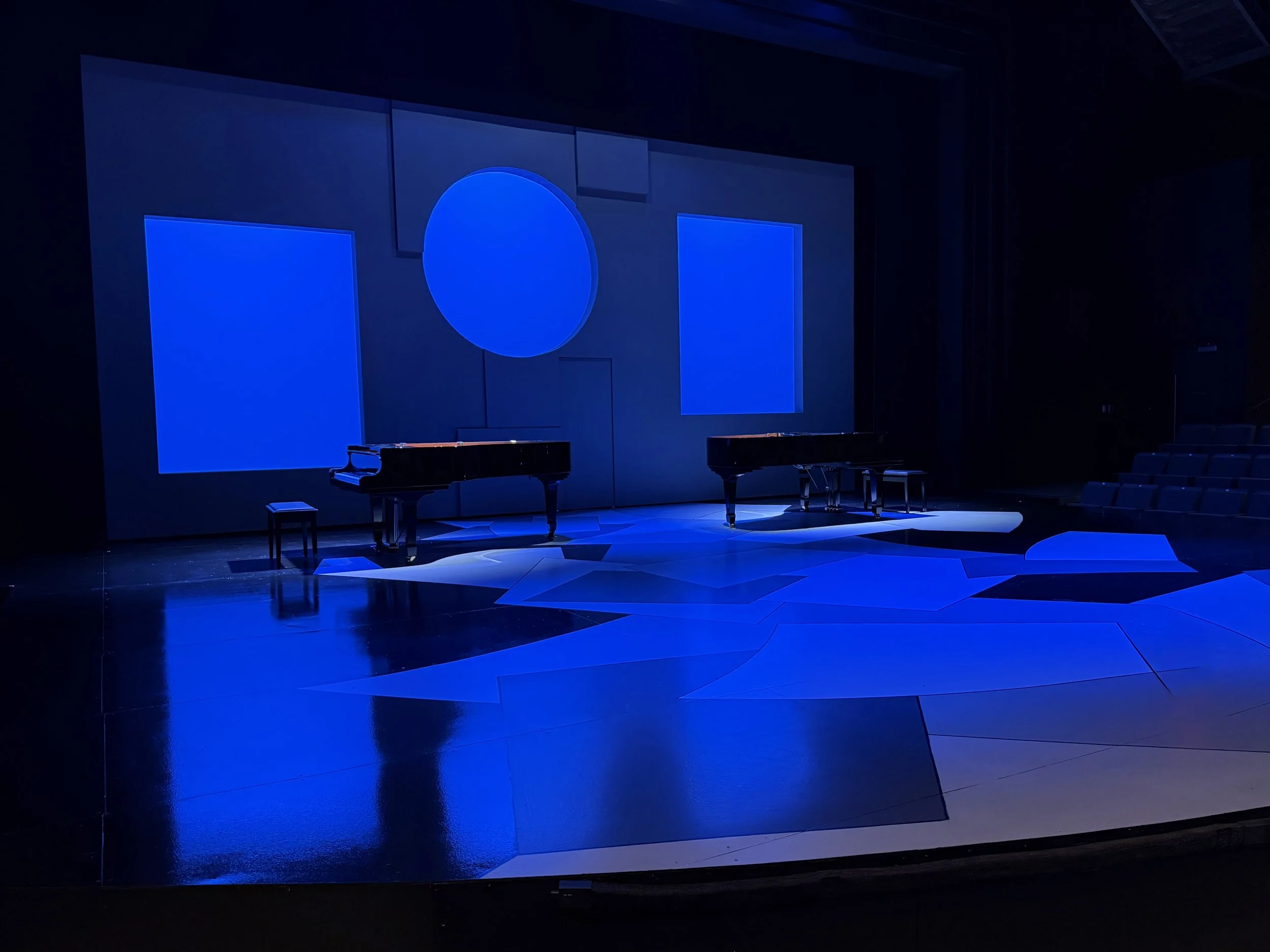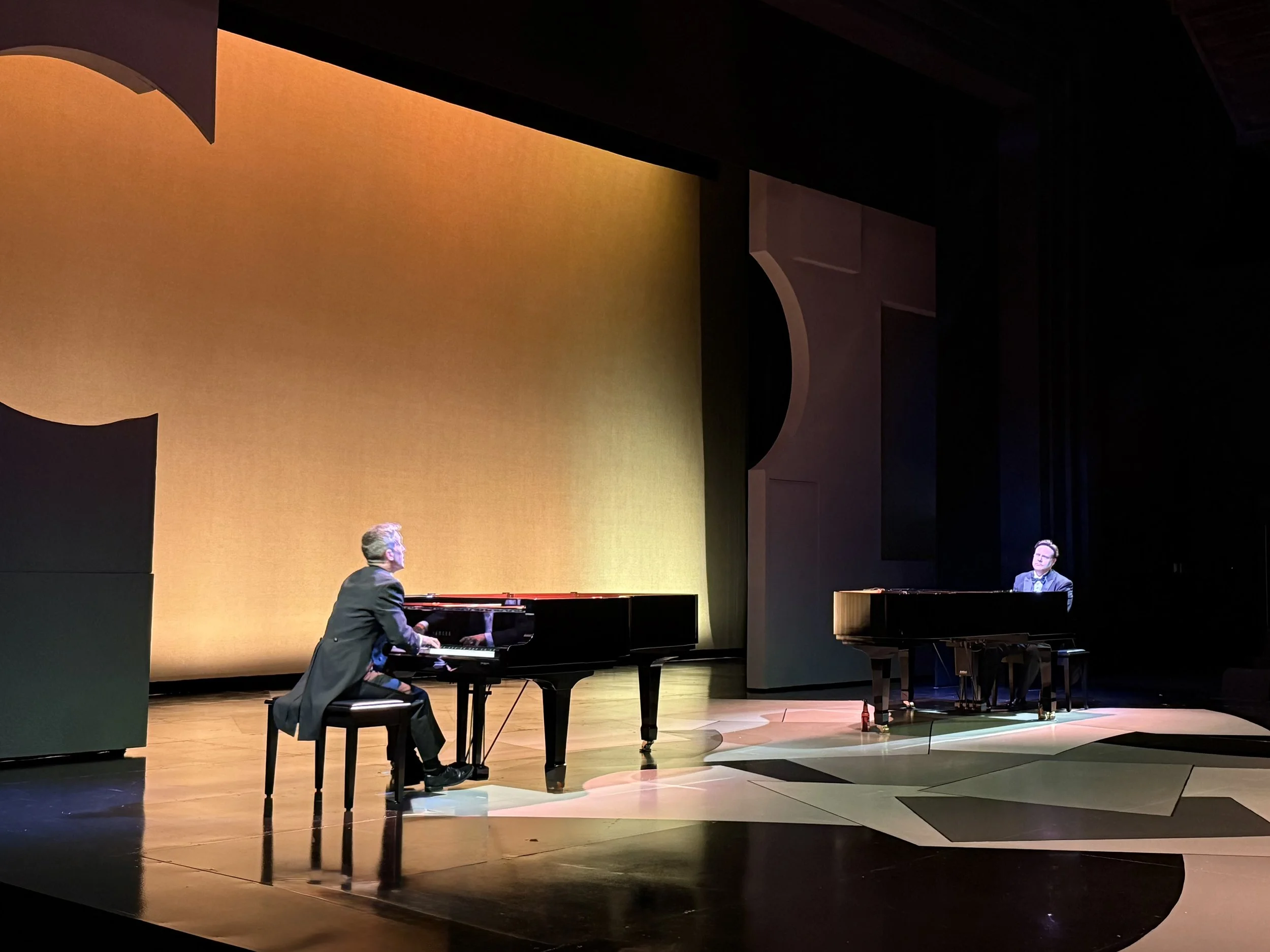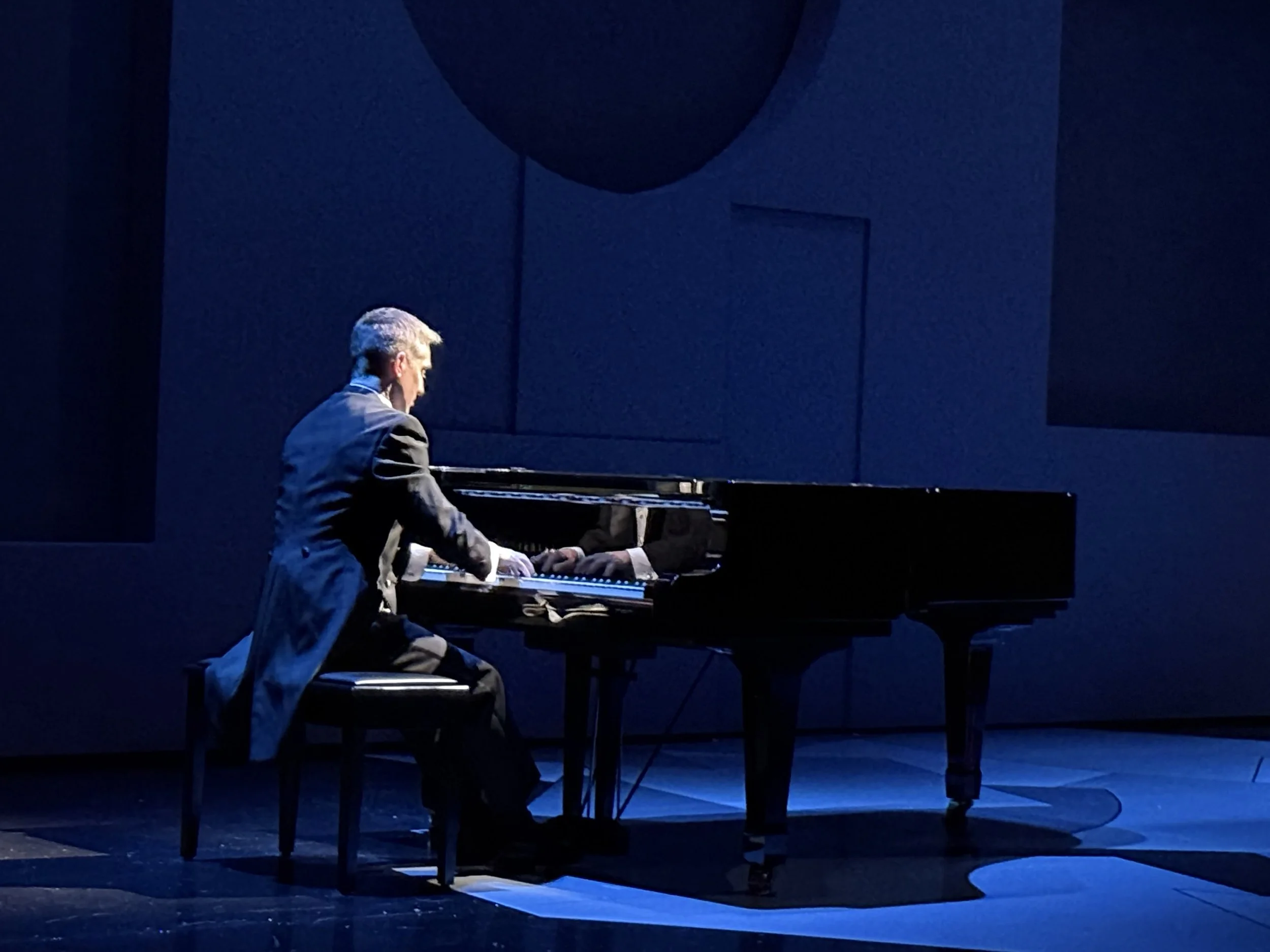Pioneer Theatre
Address: 300 South 1400 East
Telephone: 801-581-6961
Website: pioneertheatre.org
District: University / East Bench
“What we do is share stories. At the very heart of it, we take the written word, the passed-down tale, the brand-new idea, and we project it into real life so a room full of people can feel it together.” As Managing Director of Pioneer Theatre Company, Adrian Budhu lives by those words every day. His life traces a beautiful arc of places, people, and purpose - an arc that explains why that sentence lands with such conviction.
Adrian was born in Guyana and lived there until he was fourteen, in the Berbice region not far from Georgetown. Adrian admits to having had a privileged life. “I had a fortunate upbringing. My family had the resources to travel and to provide me with a good education.” School was rigorous and British in style - exams, placement by merit, heavy memorization - so much so that when his family immigrated to the United States in 1994, high school in Oxon Hill, Maryland, felt almost effortless. He loved the dynamism here: less rote, more “how did you get there.” The contrast stayed with him.
Boston came next - Boston University, a business major, and the beginnings of a chosen family that still anchors Adrian’s life. “The friends I made at seventeen are still my closest friends.” After graduation, he built his first career in finance, marketing, and publishing. This was practical work that taught him stewardship, communication, and how to think in systems. Then Hurricane Katrina reshaped his compass. He volunteered in New Orleans in 2006, returned with a reminder inked on his forearm, the fleurs-de-lis, and carried home a different understanding of service and scale. “Perspective,” he said. When the world is rebuilding a house, a broken heart, which I was experiencing at the time, is real but smaller. That experience turned him toward nonprofit management.
Adrian’s entry point was deeply human: a domestic-violence nonprofit that supported gay men. Soon after, he stepped into theater, first in Boston at The Theater Offensive where the work was devised in community, then in New York as Deputy Director and COO of Theatre Communications Group, the national organization for nonprofit professional theaters. Those years stitched together a panoramic view of the field, from tiny companies to institutions with budgets the size of small cities, and taught him how mission, money, and art braid together.
Love and geography nudged the next moves. Adrian met his life partner in Boston; medical training carried them to New York, then Dallas, and finally to Salt Lake City in 2022 when his partner joined the University of Utah’s burn and trauma unit. Adrian consulted for a time at East West Players in Los Angeles and Broadway Advocacy Coalition. Then he returned to The Theater Offensive as interim leader before choosing to put down roots. On August 1, 2024, he became Managing Director of Pioneer Theatre Company.
Pioneer’s building suits the way he thinks: collaborative, close-knit, fluent across departments. The scene shop, costume shop, props, and carpentry all live under one roof. If a cuff needs to match a sofa or a hinge needs a half-inch, the conversation is a short walk, not a drive across town. The mainstage holds a sweeping audience; the intimate Meldrum Theatre just steps away offers closeness for chamber-sized work and new play development. Recent and upcoming seasons span the familiar and the fresh - “Dear Evan Hansen,” “Come From Away,” “Noises Off,” “Two Pianos, Four Hands” - with Broadway Equity artists working alongside local professionals and University students. It is a professional company housed on a research campus, and Adrian sees that as an advantage, not a complication.
Adrian is frank about the headwinds that face the field. Subscriptions have softened nationally. Costs rise. Audiences skew older. He notes that many people grew comfortable watching at home during the pandemic and never quite returned to the ritual of gathering. Yet he refuses nostalgia. Instead, he talks about alignment and experimentation: aligning Pioneer’s next chapter with the University’s larger goals and experimenting in ways that invite new audiences without losing the artistry that built a sixty-four-year legacy.
“What can we learn from concerts and sports about engagement,” Adrian asked, “without giving up the unique intimacy of live performance?” He thinks about access and price, yes, but also about value - why thousands will spend on an unforgettable night with a pop icon and how theater can claim its own version of that clarity. The answer, he believes, includes innovation that meets young people where they are. He imagines a theatre-making game built in partnership with the U’s nationally recognized games program: kids designing sets in a digital sandbox, choosing light cues, crafting characters, discovering not only the stage, but also the crafts behind it. Today’s playful curiosity could be tomorrow’s carpenter, designer, electrician, dramaturg, or patron.
Partnerships matter as much as platforms. Adrian sees a healthy ecosystem in Utah - companies with distinct missions and audiences - and wants to strengthen the connective tissue among them rather than compete in isolation. He is equally focused on the future of philanthropy. Buildings around Salt Lake carry the names of families who have invested generously for generations. “If we are not engaging the next generation now, a decade from today we may find the lights dimming.” His answer is patience. He understands that it is relational work with younger donors and audiences. It will not be a quick fix.
There is also the matter of the company’s name. Sixty-plus years ago, “Pioneer” meant forward motion. Today, for some newcomers and younger patrons, it reads as something else - traditional, perhaps even confusing alongside dozens of other “Pioneer” institutions. Adrian is exploring, with care whether the name still reflects the company’s spirit and its future. The conversation is methodical and community-minded - listening to longtime supporters, understanding attachments, and charting a path that welcomes new audiences while honoring the people who built the house. The goal is simple: clarity, invitation, a name that says, “this is who we are now.”
Day to day, his role is the quiet half of a dual leadership model. Adrian partners with Artistic Director Karen Azenberg and oversees fundraising, marketing, operations, and HR, the whole non-artistic lattice that allows the artistic vision to live on stage. He loves the practical challenge of stewarding resources and the human challenge of shepherding a community. The wins are visible - sold-out performances, a young person buzzing in the lobby - and the invisible ones are just as meaningful: a smoother workflow between shops, a new collaborator across town, a student who discovers a future backstage.
If you listen to Adrian long enough, the arc of his own story suddenly feels like a blueprint for the field’s future. Guyana to Maryland taught him rigor and adaptability. Boston taught him friendship and ambition. New Orleans taught him service and scale. National theater service taught him the breadth of the map. Utah, now, is where all of that becomes rooted, where a professional company on a university campus can test ideas and welcome new people into the magic.
Coming full circle in the conversation, Adrian smiled and reflected on what he had said at the very beginning - that at its core, theater is about sharing stories. “Think about when you are a kid, and your grandmother or someone who’s taking care of you is sharing a story with you, and how engaged you are, and your imagination kind of runs wild. Now imagine that feeling in a room of hundreds of other people. Your imagination is realized on stage through a stunningly designed set and living, breathing artists embodying the story before your eyes. You can’t pause it, you can’t rewind it, you can’t edit it. It is live, and that is the magic of theatre.”

